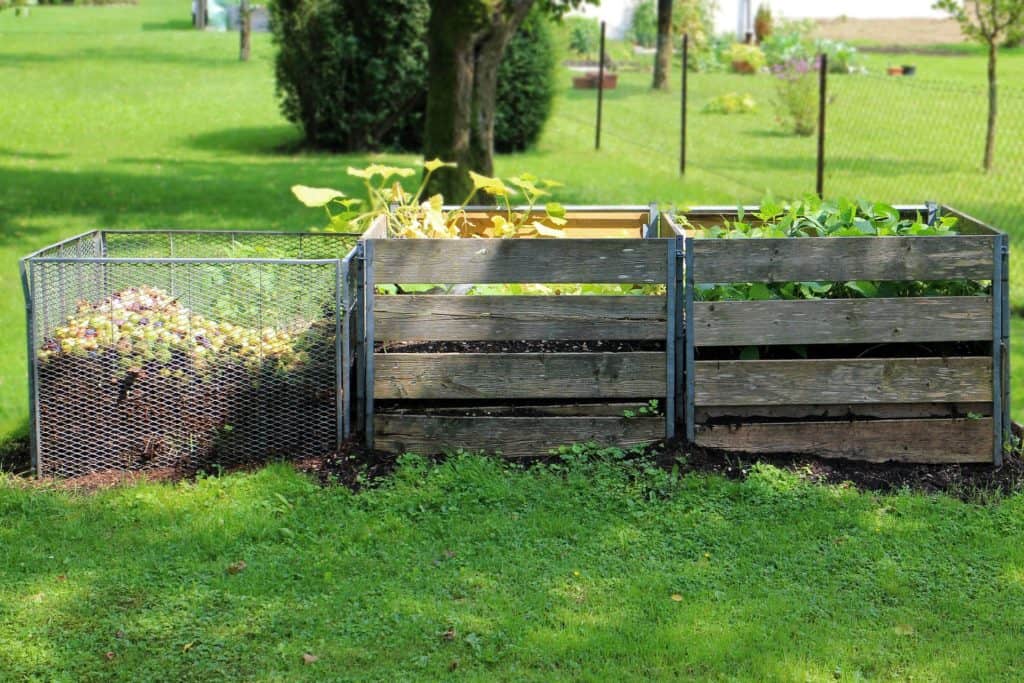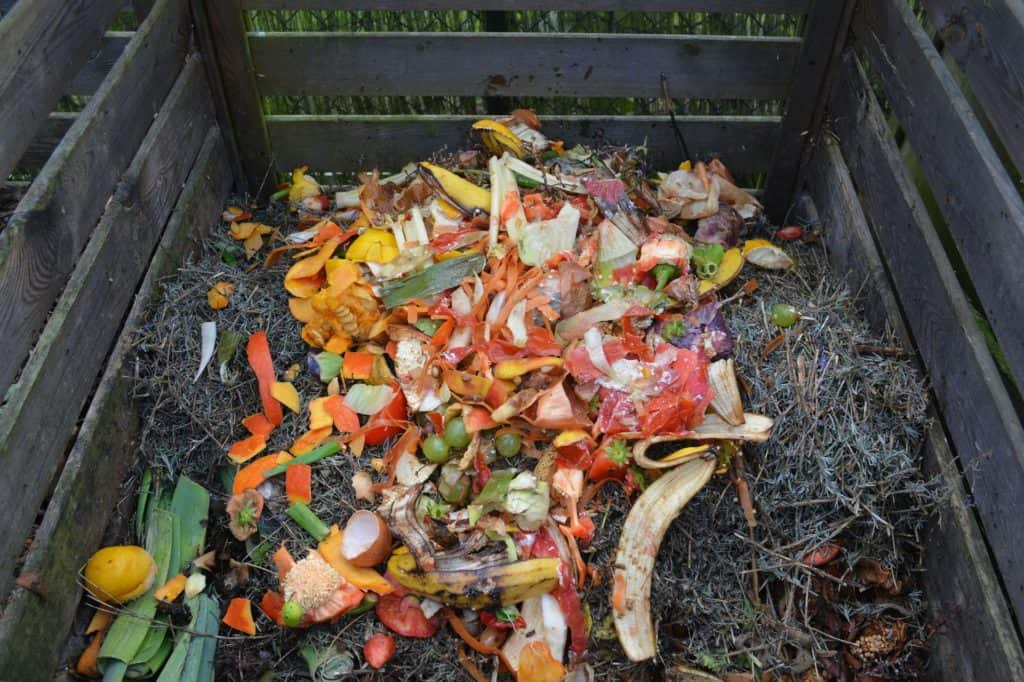 You might think twice the next time you throw out a banana peel or used coffee grounds. If you were composting that waste, not only could you reduce your contribution to local landfills, but you could use it to fertilize your lawn and garden. How, you ask? Well, it’s simple with composting.
You might think twice the next time you throw out a banana peel or used coffee grounds. If you were composting that waste, not only could you reduce your contribution to local landfills, but you could use it to fertilize your lawn and garden. How, you ask? Well, it’s simple with composting.
Many people think of composting and automatically picture smelly, rotting food. I’m here to tell you that composting, when kept balanced, can be close to odorless. It also is much easier than you think.
Why would anyone want to compost? First of all, composting is environmentally friendly. You take food and yard waste, and instead of putting it out with the trash, you convert that waste into fertilizer. In Central Florida, we also lack many nutrients in our soil due to the high amounts of sand and clay. We are continuously purchasing fertilizers for our lawns and gardens. Instead, compost can be used to provide the additional nutrients needed through an organic method.
What is compost? Compost is the material created when, according to the University of Florida Extension Office, “Micro-organisms break down organic matter such as leaves, grass clippings and kitchen waste.” In general, compost can be broken down into green and brown matter.
- The green matter consists of leaves, branches and paper products such as: twigs, shredded newspaper, paper plates, etc. Anything that is put into the compost bin should be small. The larger an item is, the longer it will take to break down. So, do some work for Mother Nature and shred the newspaper before you add it to the compost pile.
- The brown matter consists of grass clipping and kitchen scraps such as veggies, egg shells – preferably ground up – fruit cores, tea and coffee grounds. Some animal manure, like chicken manure, also can be used. This is a topic that requires more detail. For more information, see this University of Florida publication: http://edis.ifas.ufl.edu/ss506.
 What not to compost! Things that are not good to add to compost are weeds or plants that have fungus or disease. Also, meats, oils and fatty foods should not be composted. These items take a longer time to break down and can cause a foul odor and attract scavengers like raccoons, which become a real nuisance.
What not to compost! Things that are not good to add to compost are weeds or plants that have fungus or disease. Also, meats, oils and fatty foods should not be composted. These items take a longer time to break down and can cause a foul odor and attract scavengers like raccoons, which become a real nuisance.
How to begin: The first thing you do is get a composter. Compost bins can be as simple as a wooden box with aerated slats and no top to a plastic bin that can be turned with a handle. For anyone who lives in the City of Orlando, you are eligible for a free composter from the city. Yes, that’s right, completely free, thanks to Mayor Buddy Dyer’s Green Works Orlando initiative. Just follow this link and request your composter: http://www.cityoforlando.net/solidwaste/composter/.
Once you have a composter, layer the brown and green material with three to four inches per layer. Then, the microbes will stay hard at work, breaking down all of the materials in the bin. It is important to keep the layers moist, not soaked, as you go along. Proper moisture is key to the material decomposition. After a week, the compost pile should be turned and watered if it looks dry. That’s it! If the pile is turned and watered regularly, the compost can be “ready” for use in as quick as six weeks. If the pile is left alone, it can take up to six months to break down. You know the compost is ready when it’s dark brown and crumbly. Happy composting!
For more information, see your local IFAS Extension Office publications.


